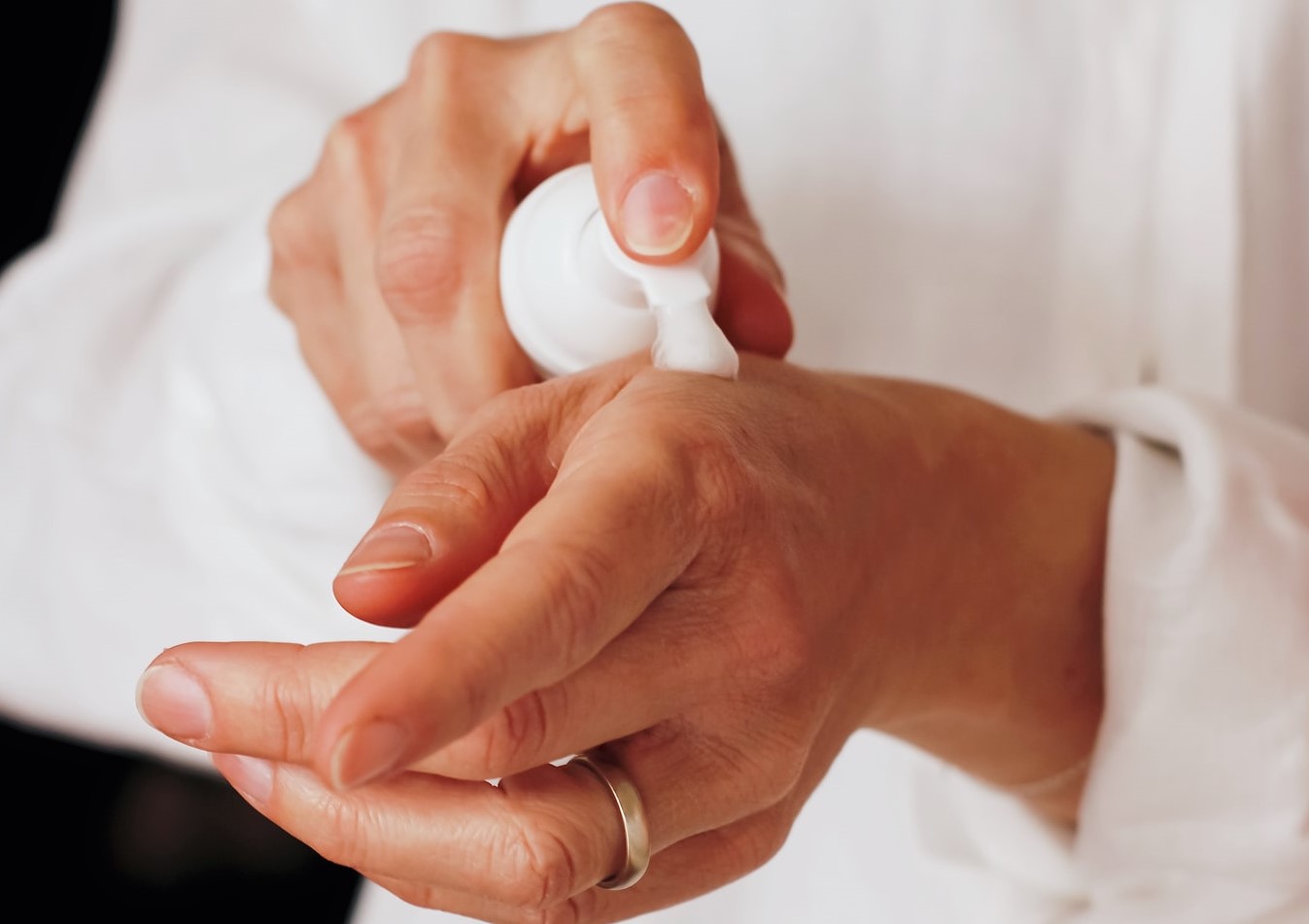Skin Care during winters

Welcoming winters without adequate care can sometime be difficult for your skin. Changes in humidity & temperature impairs skin barriers, composed mainly of lipids. This can also cause flare up of pre-existing medical conditions like Eczema, Psoriasis, Seborrheic dermatitis, and Rosacea.
What are the signs of dry skin?
The following are some of the most prevalent signs and symptoms of dry skin:
- flakiness or scaliness
- redness
- rough texture
- itchiness
- raw, irritated skin
- cracks in your skin
- stinging or burning
Even when the temperatures drop and there's no way to avoid the dry, harsh air of winter, there are things you can do to keep your skin looking healthy.
1. Moisturization – You remove your skin's natural oils every time you wash your face, hands, or body. It's essential to update these oils since they help to seal in moisture. That's why, especially in the winter, it's important to use a moisturizer every time you wash your face.
Use thick greasy fragrance free moisturizer and apply it immediately after bathing and reapply as required. It helps to prevent water loss from the skin. Ceramides, glycerin based moistures work well.
2. Hydration – Another important aspect of keeping your skin healthy and shining is to stay hydrated throughout the day. Inadequate hydration can alter the appearance of your skin and make it more prone to drying out.
Drinking plenty of water helps to maintain moisture level in the skin
3. Lifestyle changes – Avoid hot showers or sitting directly in front of heaters, which rips off natural moisture of the skin. Use lukewarm water for bathing.
4. Dietary changes – Inclusion of omega 3 fatty acids along with other antioxidants helps in natural repair.
5. Sunscreen – Even in the winter, UV rays can cause damage to your skin's moisture barrier, which is essential for skin health and hydration. It is the most important of all to use your SPF in winter to avoid photo ageing changes.
It's not uncommon to have dry, flaky skin in the winter, which can impact not only your face but also your hands, feet, and other regions. Moisturizing your skin with the appropriate products on a regular basis is the key to keep it healthy.
Exfoliating scrubs, hot water, and other skin-care procedures should also be avoided.
You can also protect your skin by using a humidifier, wearing non-irritating textiles and gloves, and being well hydrated. If at-home solutions don't seem to be helping your dry skin, talk to your dermatologist about finding the correct treatment.


